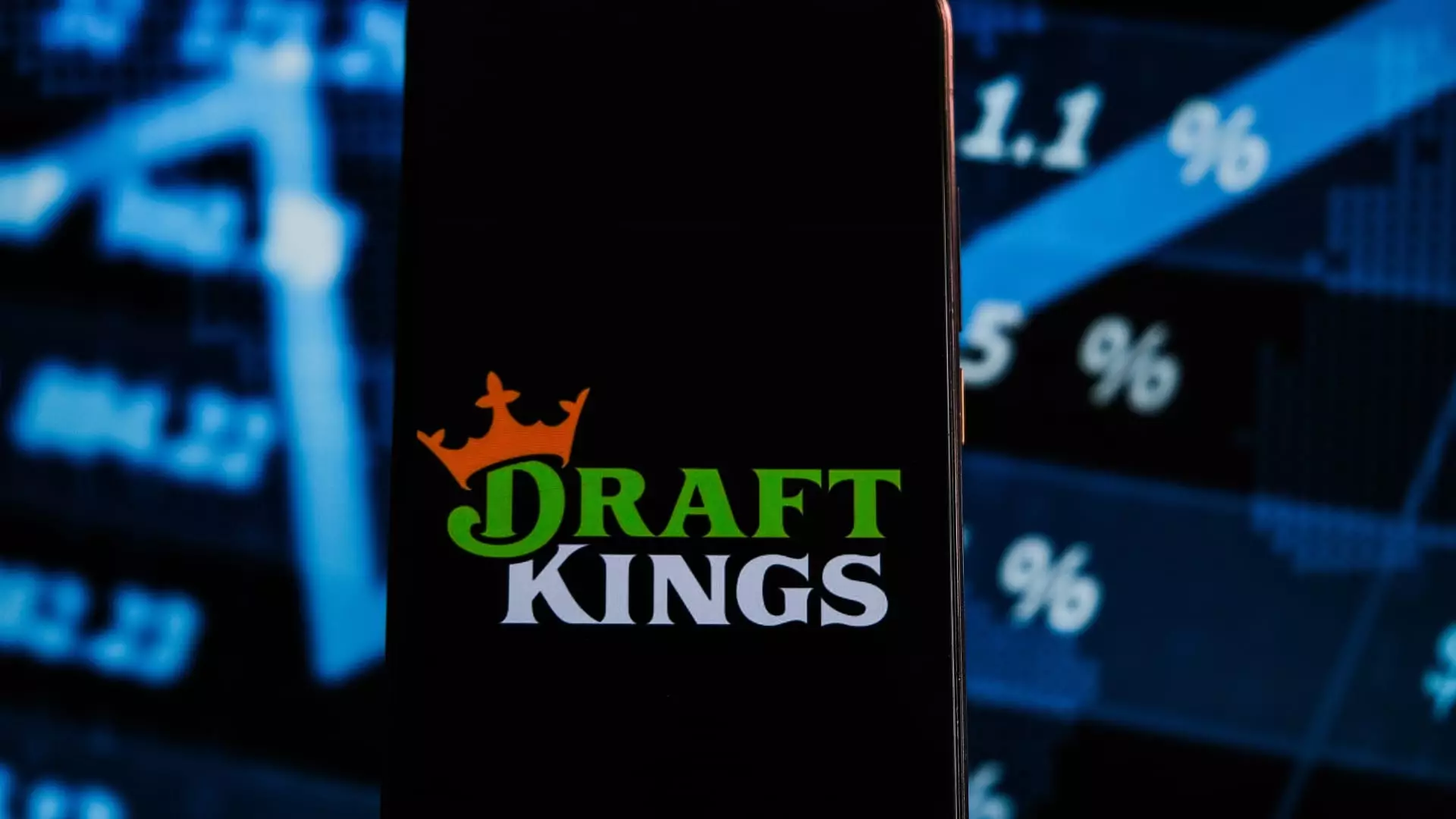In a surprise move that sent shockwaves through the sports betting industry, Illinois lawmakers have approved a budget revision that drastically increases taxes on online wagers. Investors responded with immediate alarm as major players like DraftKings and Flutter Entertainment saw their stocks tumble, reigniting fears of a broader trend where other states might follow suit. This unanticipated fiscal maneuver, which imposes a tax of 25 cents per wager for the first 20 million online bets and escalates to a staggering 50 cents afterwards, raises critical questions about the sustainability of what has been a booming sector.
A Slippery Slope for State Budgets
Once hailed as a financial windfall, online sports betting is now facing increasing scrutiny as state governments recognize its potential as a cash cow. These tax hikes aren’t just a one-time deal, as evidenced by Illinois imposing an unexpected tax for the second consecutive year. Truist analyst Barry Jonas characterized this hefty burden as a “last-minute surprise,” but perhaps what is more shocking is how easily state lawmakers are willing to capitalize on this growing market to plug their budget gaps. It feels like a betrayal to bettors who believed they were participating in a regulated market but are instead subjected to relentless taxation.
The Wider Implications for Industry Giants
With Illinois’ new tax structure, both DraftKings and Flutter Entertainment’s FanDuel are expected to exceed the 20 million wager threshold, subjecting them to higher taxes on a significant portion of their bets. While larger firms may absorb these shocks more easily, the fallout for smaller competitors could be severe, as Barry Jonah notes. The staggering tax rate could deter new entrants or push existing smaller firms toward the exit. The notion that these taxes will predominantly affect larger operators disregards the interconnected nature of a market that thrives on competition.
Investor Caution Amidst Uncertainty
Investor confidence is waning, as exemplified by the decline in stocks for these leading companies. The Roundhill Sports Betting & iGaming ETF (BETZ) also showed signs of weakness following the announcement. Investors are left grappling with uncertainty—if Illinois can levy such stringent taxes, what’s to stop other states from adopting similar measures? Wall Street is now holding its breath, bracing for a potential domino effect across the nation.
The Call for Pragmatic Regulation
It’s crucial for policymakers to strike a balance between generating revenue and maintaining a thriving market environment. Excessive taxation could hinder growth, undermining job creation and stifling innovation. Only 27 states and D.C. permit online sports betting, which raises an essential point—restrictive tax policies could jeopardize a lucrative industry that is still in its nascent stage. As states grapple with budget deficits, it becomes increasingly vital for regulations to evolve thoughtfully, rather than through knee-jerk reactions that threaten the very fabric of emerging sectors like sports betting.

